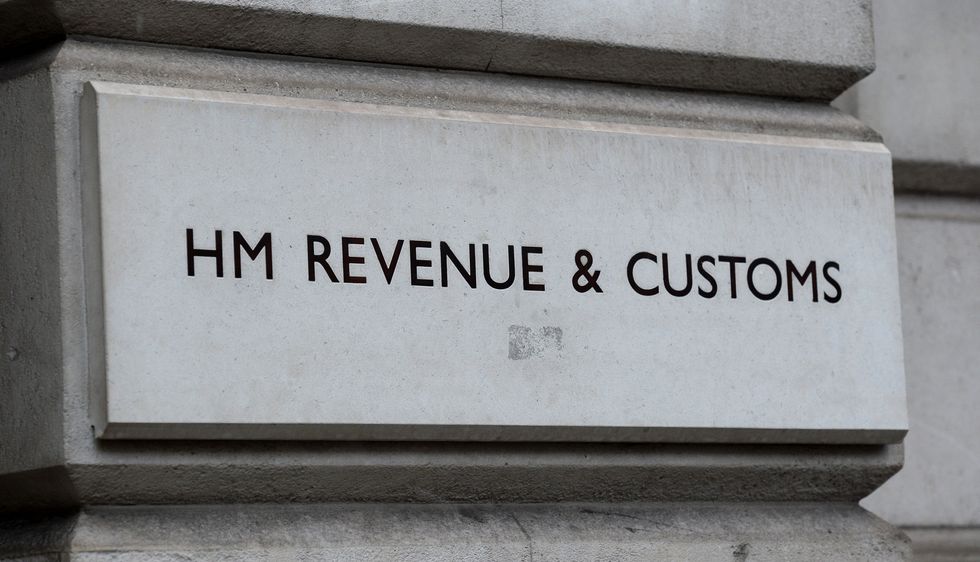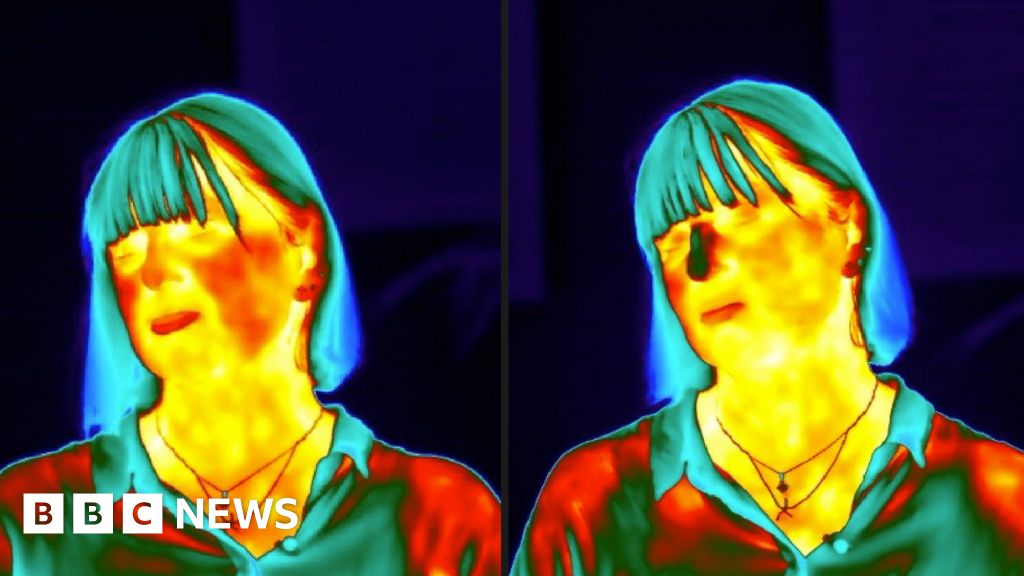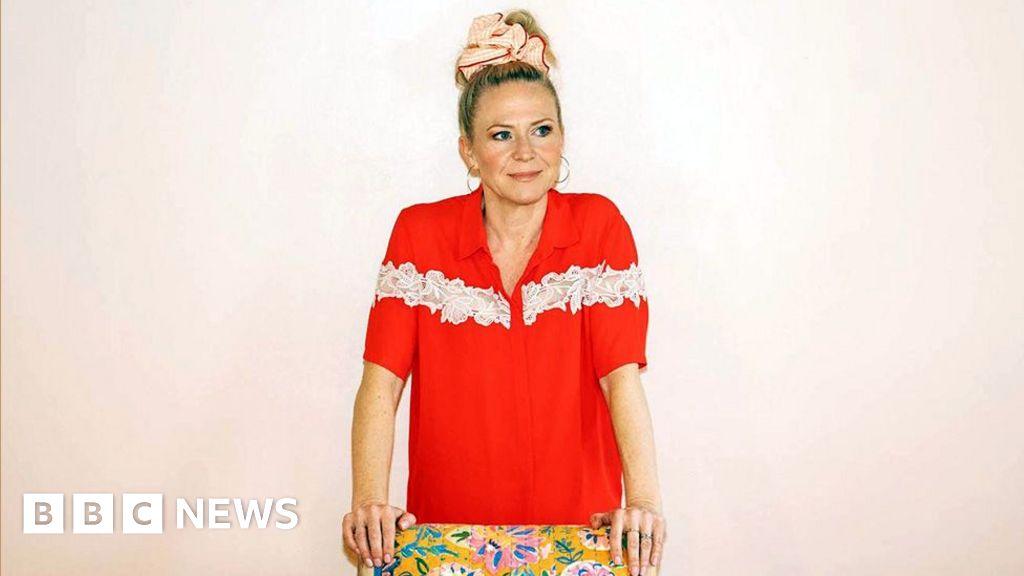Married couples may be able to reduce tax bill by £252 – how to check if you can save money by applying
Couples who are married or in a civil partnership could be able to slash their tax bill by up to £252 this tax year.This is via the Marriage Allowance, which lets a lower earner transfer £1,260 of their personal allowance to their spouse or civil partner.This would then reduce the higher earner’s tax by up to £252 for this tax year.To benefit as a couple, the lower earner must normally have an income that is less than the standard personal allowance of £12,570.It could mean that the lower earner ends up paying more tax themselves but may mean the couple still pays less in tax overall.Couples will of course want to check to see if they would be better off before applying for the Marriage Allowance.The government has launched an online calculator which shows how much tax could be saved as a couple.Those who get income such as dividends, savings or benefits from their job will need to call the income tax helpline to find this out.The Marriage Allowance calculator requires the user to state the country in which they live, and the two people in the couple’s individual income before tax is taken off.It is possible to backdate a claim to include any tax year since April 5 2019 that the couple was eligible for the Marriage Allowance.The partner’s tax bill would then be reduced, depending on the personal allowance rate for the years being backdated.The personal allowance used to increase each year but it’s been frozen for six years until 2028.LATEST DEVELOPMENTS:Jeremy Hunt ‘looking at changing’ Lifetime ISA rulesHunt urged to act as ordinary savers ‘doing responsible thing’ to be hit by taxHMRC warns of ‘alarm bells’ as 58,000 people hit with fake tax rebateWho is eligible for the Marriage Allowance?People can apply for the Marriage Allowance if:They are married or in a civil partnershipThey don’t pay income tax or their income is below the personal allowanceTheir partner pays income tax at the basic rate – usually meaning their taxable income is between £12,571 and £50,270.


Couples who are married or in a civil partnership could be able to slash their tax bill by up to £252 this tax year.
This is via the Marriage Allowance, which lets a lower earner transfer £1,260 of their personal allowance to their spouse or civil partner.
This would then reduce the higher earner’s tax by up to £252 for this tax year.
To benefit as a couple, the lower earner must normally have an income that is less than the standard personal allowance of £12,570.

It could mean that the lower earner ends up paying more tax themselves but may mean the couple still pays less in tax overall.
Couples will of course want to check to see if they would be better off before applying for the Marriage Allowance.
The government has launched an online calculator which shows how much tax could be saved as a couple.
Those who get income such as dividends, savings or benefits from their job will need to call the income tax helpline to find this out.
The Marriage Allowance calculator requires the user to state the country in which they live, and the two people in the couple’s individual income before tax is taken off.
It is possible to backdate a claim to include any tax year since April 5 2019 that the couple was eligible for the Marriage Allowance.
The partner’s tax bill would then be reduced, depending on the personal allowance rate for the years being backdated.
The personal allowance used to increase each year but it’s been frozen for six years until 2028.
LATEST DEVELOPMENTS:
- Jeremy Hunt ‘looking at changing’ Lifetime ISA rules
- Hunt urged to act as ordinary savers ‘doing responsible thing’ to be hit by tax
- HMRC warns of ‘alarm bells’ as 58,000 people hit with fake tax rebate
Who is eligible for the Marriage Allowance?
People can apply for the Marriage Allowance if:
- They are married or in a civil partnership
- They don’t pay income tax or their income is below the personal allowance
- Their partner pays income tax at the basic rate – usually meaning their taxable income is between £12,571 and £50,270.







































